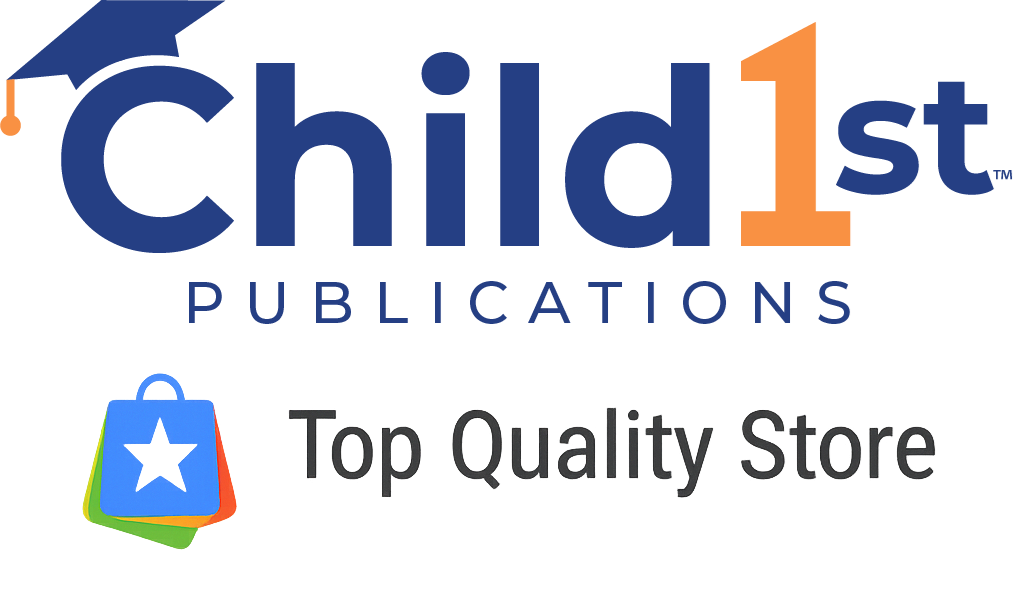Help! My Child is Struggling with Reading, Spelling, Phonics, & Writing!
Some children have no trouble at all learning to read, write, and spell inside traditional classrooms or using a traditional language arts curriculum. However, for the roughly 85% of kinesthetic learners, these skills can be very troubling. The good news is that it does not need to be a struggle; there is a way for right-brain dominant learners to experience success!
Children Who Learn to Read Easily Can...
- Learn the names of letters
- Learn the sounds those letters (and letter combinations) make
- Sound out words
- Learn and remember whole words once they have sounded them out several times
- Transfer what they have learned about smaller words and use that knowledge to help themselves figure out new, larger, more complex words
- Do all this mechanical stuff while still absorbing the meaning the words carry
- Recall words well enough to spell them reasonably well when writing
- Create a story, keeping a train of thought going, as they write using those words they have learned to read

Nontraditional Learners
Thousands of children cannot learn in the traditional way. In our day and age, we have become very specialized in the labels we assign our children who cannot successfully learn to read, write, and spell. For some children, one particular aspect of reading gives them more trouble, while for other kids some other part of that linear process (see above) is the sticking point.
- Those who have a particularly difficult time with manipulating sounds (as is required in sounding out words) might be identified as having an auditory processing disorder.
- Those who cannot visually maintain a sequence of letters such as is found in a word might be identified as dyslexic.
- Those who are very active and who have trouble maintaining focus in a linear way (such as is required to stay on a line of text until they have sounded out everything) might be identified as having ADHD.
And the list goes on: some are identified as having disabilities in comprehension, in writing, etc. In general, all of these skills that give children so much grief are reading skills. Because children are different from each other, what they are good at (and what causes them trouble) will vary.

If the percentage of children who struggle with reading were very small, it would make sense to continue identifying the children as disabled. However, a very large percentage of children today are not proficient in reading. A very large number of children cannot function in a traditional arena.
At Child1st we create resources for teaching reading that remove the difficulties of: remembering sounds, sounding out words, reading sight words instantly, deciphering new words, remembering phonics concepts, spelling correctly, writing, and comprehension.

Let’s turn our focus away from identifying disability and instead refine our teaching approach.
A Different Way
Our resources create the hooks for learning and remembering that are necessary for non-readers and struggling readers, no matter what their label might be. We strive to do this in a way that will empower parents and teachers to utilize our teaching resources without having to do extensive preparation and without having to rework programs so that they appeal to various types of learners.
Because there is such an emphasis in our schools on children being able to fluently read lists of sight words, we have focused on this skill, but have added to this limited skill the other components of reading: alphabetic principle, phonemic awareness, phonics, writing, spelling, critical thinking, and comprehension.

Beyond Sight Words Activities has been designed to complement SnapWords®.
Activities included in Beyond Sight Words Activities :
- Mini-Lessons for each sight word that not only guides you through teaching that word, but brings in many other words for study that share a sound spelling. Mini-Lessons include teaching the word, writing the word, finding words with similar characteristics, and writing sentences using the word.
- Bingo for instant word recognition
- Go Fish for reading sight words
- Sight word sentences to illustrate for comprehension enrichment
- Fill in the blank with a sight word for comprehension
- Making phrases with sight words for comprehension and correct usage
- Sound Manipulation or word morph for phonemic awareness
- Word searches in many levels for word recognition
- Crossword puzzles at more advanced levels for comprehension
- Word wall games to practice higher-level thinking, comprehension, opposites, synonyms, etc.
- Write About It: colored illustrations that serve as writing prompts for the children
- ABC order for alphabetic principle
- Making words tactilely for phonics: to study the structure of words including more complex sound spellings
- Assessment for measuring accuracy and reading fluency
- Sentence Unscramble: each activity reviews all the words from each SnapWords® list
- Plain word wall cards to coincide with the SnapWords® studied
- Tracking charts to record each student’s progress
- Certificates of achievement
Conclusion
We have many resources to help learners experience success. Contact us today if you would like to discuss your child's needs. We are here to help!





Leave a comment